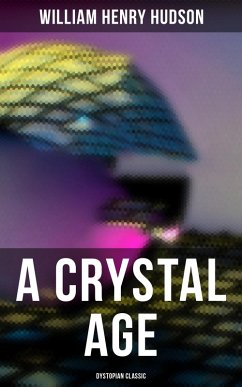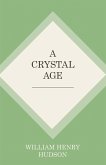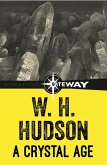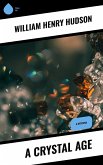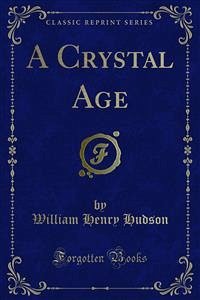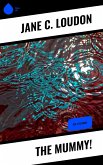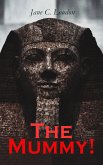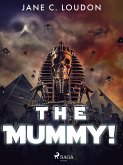In William Henry Hudson's A Crystal Age, the reader is transported to a utopian society where nature reigns supreme and technology is virtually nonexistent. This dystopian classic, written in a descriptive and poetic style, explores themes of environmentalism, societal structure, and the impact of industrialization. Hudson's vivid imagery and philosophical undertones provide a thought-provoking commentary on the consequences of human advancement and the importance of living in harmony with nature. Set in a future world where humanity has reverted to a simpler way of life, A Crystal Age stands out as a timeless exploration of the balance between progress and preservation. Hudson's unique blend of fiction and social commentary makes this novel a compelling and significant contribution to the dystopian genre. William Henry Hudson, a naturalist and author, drew inspiration for A Crystal Age from his deep connection to the natural world. His background in observing and studying wildlife is evident in the detailed descriptions of the environment and its inhabitants throughout the novel. Hudson's passion for nature and his concern for the impact of industrialization on society shine through in his poignant storytelling and thematic exploration. For readers interested in thought-provoking dystopian literature that delves into themes of nature, society, and technological progress, William Henry Hudson's A Crystal Age is a must-read. This classic novel offers a fresh perspective on the potential consequences of human advancements and serves as a reminder of the importance of maintaining a balance between progress and preservation.
Dieser Download kann aus rechtlichen Gründen nur mit Rechnungsadresse in A, B, BG, CY, CZ, D, DK, EW, E, FIN, F, GR, H, IRL, I, LT, L, LR, M, NL, PL, P, R, S, SLO, SK ausgeliefert werden.

